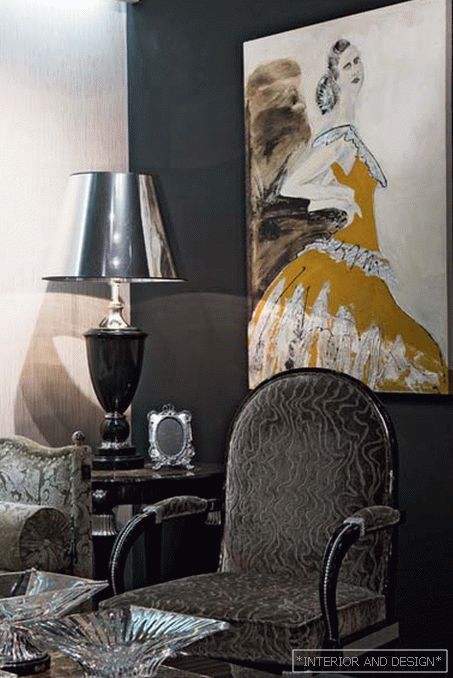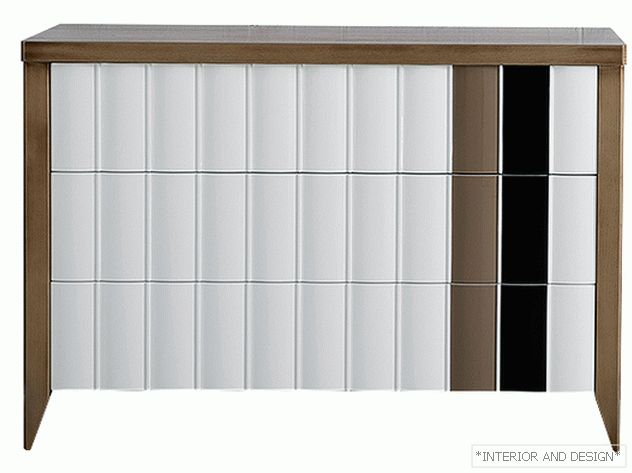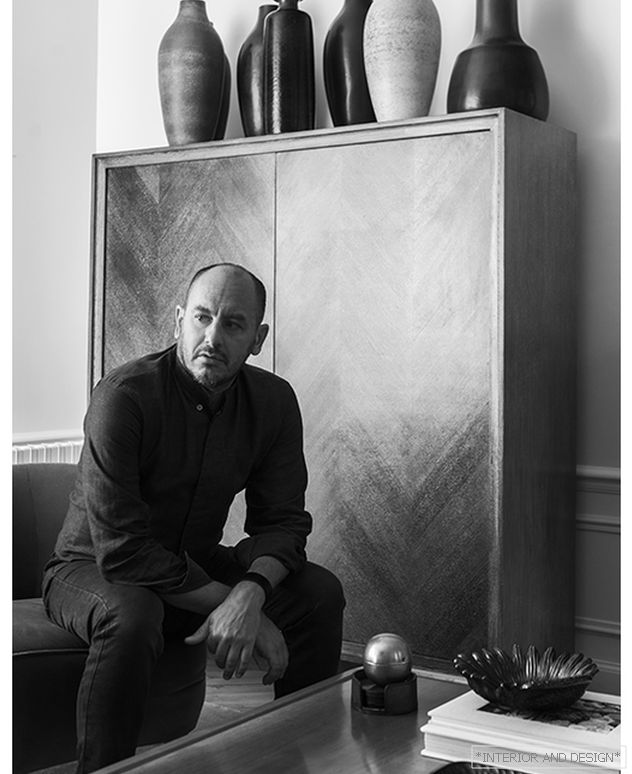
Luis Laplace (Luis Laplace) - one of the most sought-after European interior architects. He was educated at home in Argentina, trained in New York and London, and became famous in Paris, where he was fated in the early 2000s.
По теме: Фабрис Оссе: в тренде mix & match
Лиус Лаплас — урбанист, он учился на архитектора в Universidad de Belgrano в Буэнос-Айресе, закончив с кандидатской по урбанизму. Стажировка в нью-йоркском архитектурном бюро Selldorf Architects ввела его в с мир искусства: он оформлял арт-галереи и создавал сценографию для выставок современного искусства. Клиентура осталась с ним, даже когда Луис перебрался за океан. В 2004 году вместе с партнером Кристофом Комоем он открыл собственное дизайн-бюро, специализирующееся на частных интерьерах и объектах art & design.
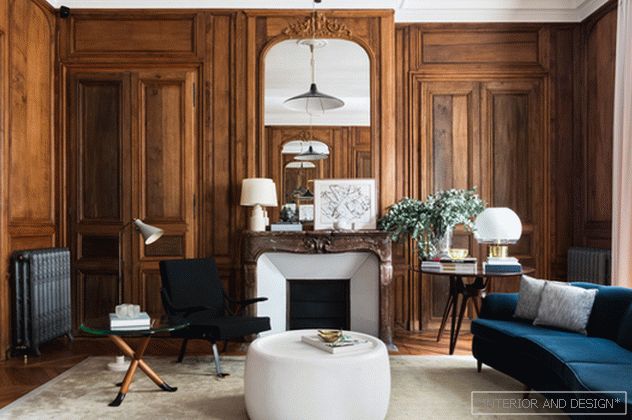 Paris project. 2017. Armchair Digamma, diz. Ignacio Gardella. Low poof - white marble, custom work.
Paris project. 2017. Armchair Digamma, diz. Ignacio Gardella. Low poof - white marble, custom work. Coma, partner and satellite Liusa, had a legal practice and took over finance and marketing in the bureau. Louis is responsible for the creative process. Although something, for example, antiques, they pick up together. Lius says that Christophe has impeccable taste, and if he hesitates to take this or that thing or not, the friend's opinion becomes decisive.
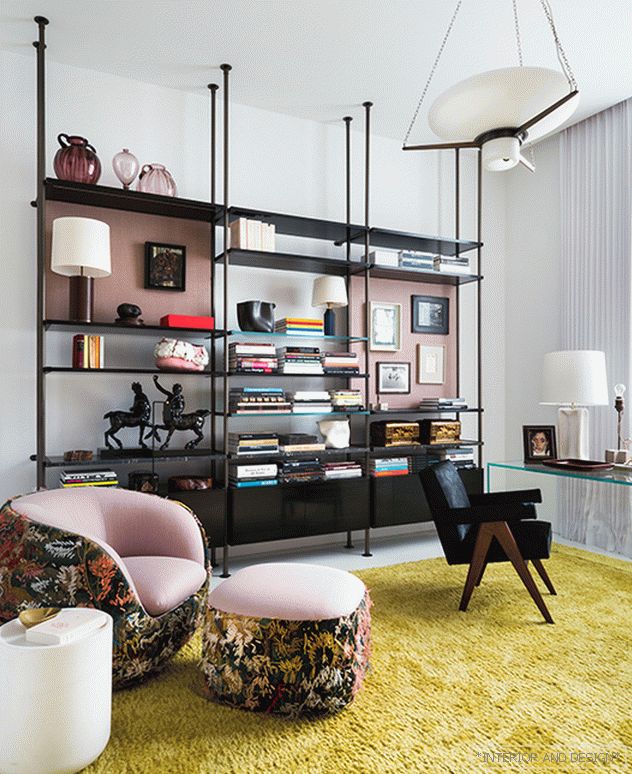 Installation "Reading Room" (Reading Room), All color is concentrated in the upholstery of furniture and bright carpet.
Installation "Reading Room" (Reading Room), All color is concentrated in the upholstery of furniture and bright carpet. 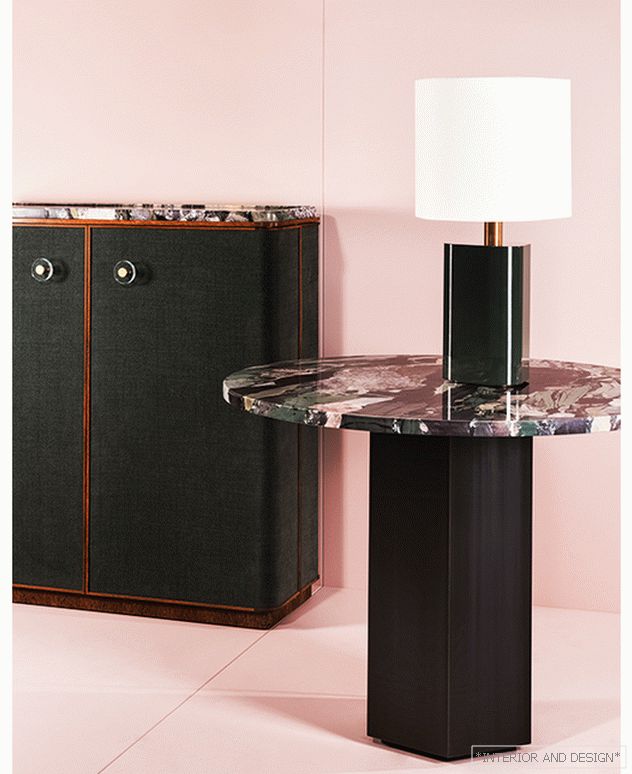 The installation of the Reading Room (Reading Room), despite its serious seriousness, is elegant due to the fashionable, slightly vintage pink tint of the walls.
The installation of the Reading Room (Reading Room), despite its serious seriousness, is elegant due to the fashionable, slightly vintage pink tint of the walls. 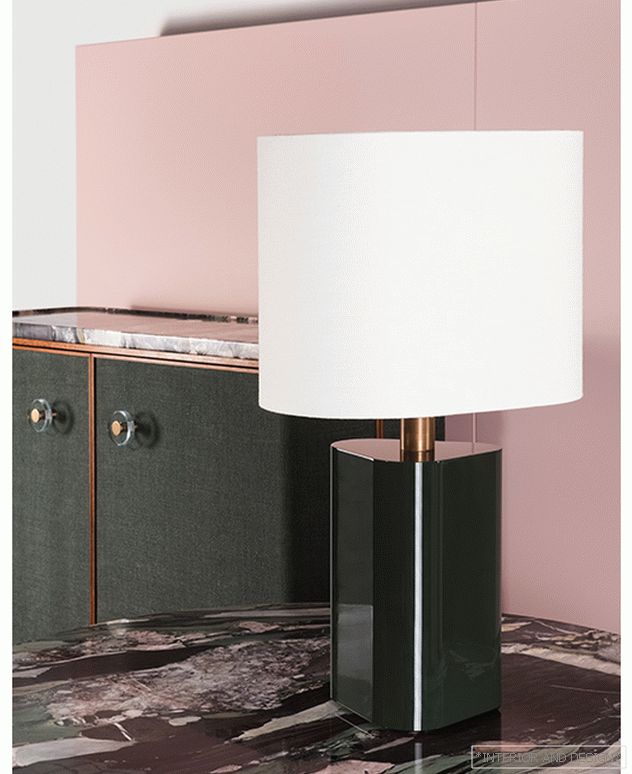
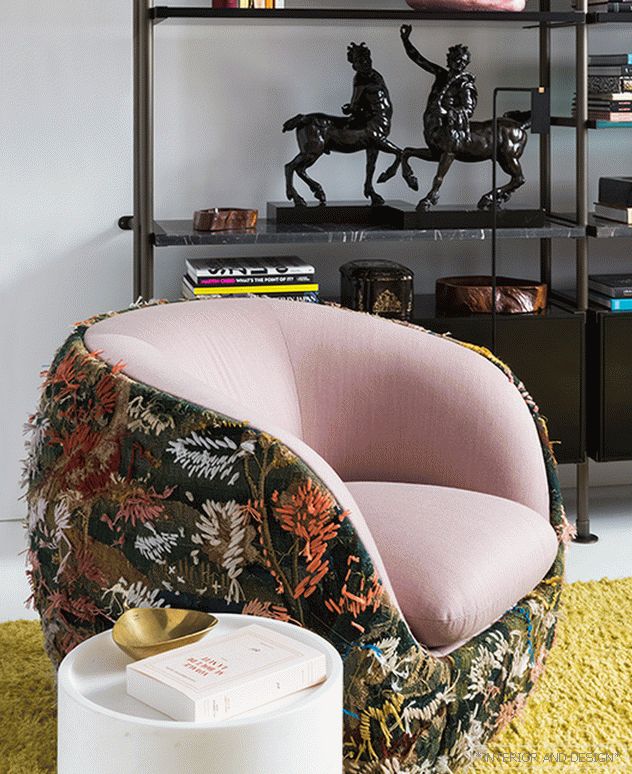 Louis Laplace peeped the tone of the carpet in Sasha Delaunay's gouaches and watercolors. Upholstery of a chair and a padded stool with the released color threads is also its color experiment.
Louis Laplace peeped the tone of the carpet in Sasha Delaunay's gouaches and watercolors. Upholstery of a chair and a padded stool with the released color threads is also its color experiment. The first interior designs of Laplace were implemented in Mallorca. For the same customer, whose name is not disclosed. We only know that he is a big fan of modern art. Laplace designed the white cubes of the walls, filling the space with bright furniture and accessories, while not distracting from the main thing - art objects from the customer's collection. White is justified not only in the southern climate - says Laplace.
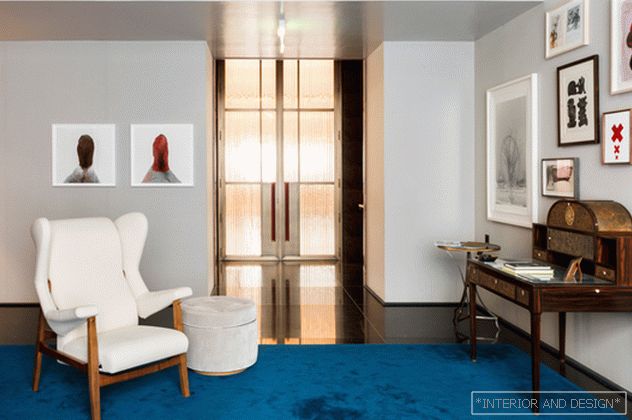
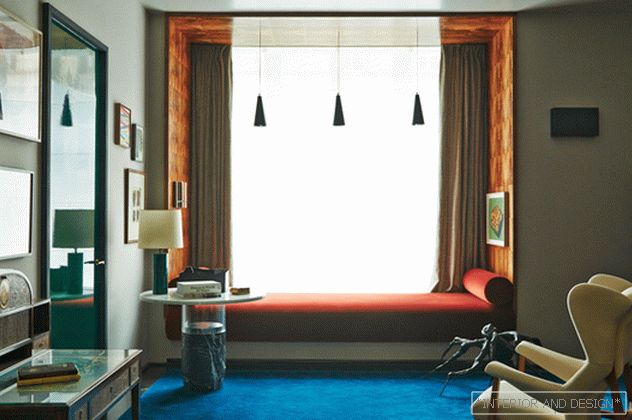
His first projects in Paris are also built on the dominant walls of snow-colored. According to the architect, they serve as an ideal background for objects of art, which his customers have a great many. From the dominant white had to move except for Cindy Sherman. Cindy became famous for provocative staged photos, and in the interior she demanded a riot of color. The sense of taste did not allow Laplace to sink to kitsch, having built the interior on a bright one, as the customer wanted, and at the same time a noble combination of blue and scarlet.
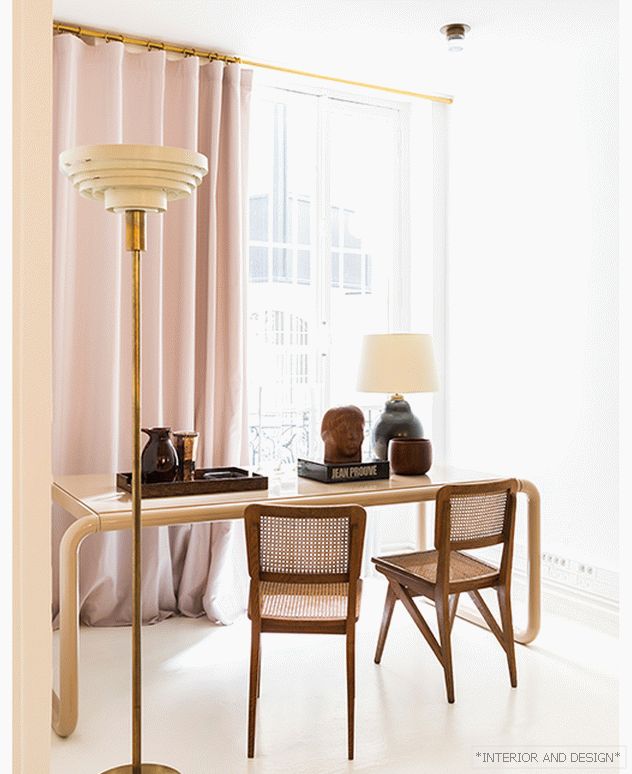 Paris showroom Luis Laplace. 2017
Paris showroom Luis Laplace. 2017 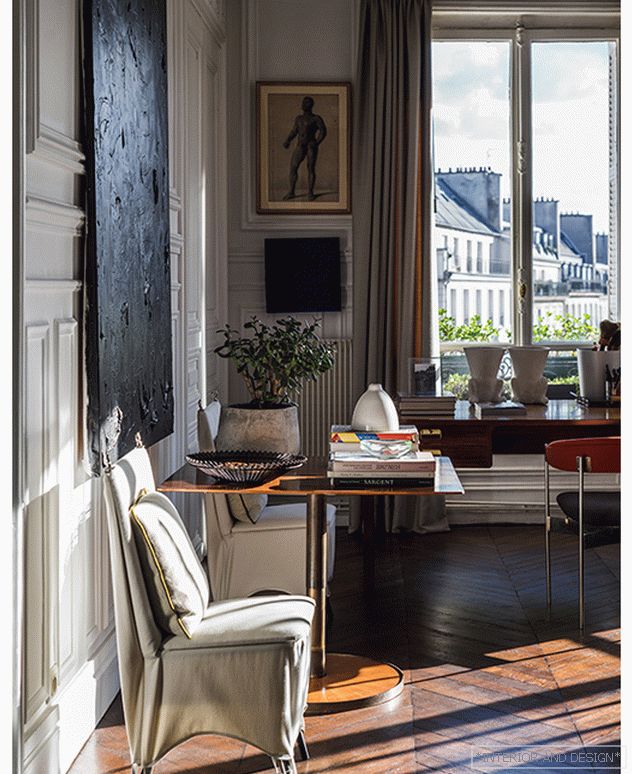
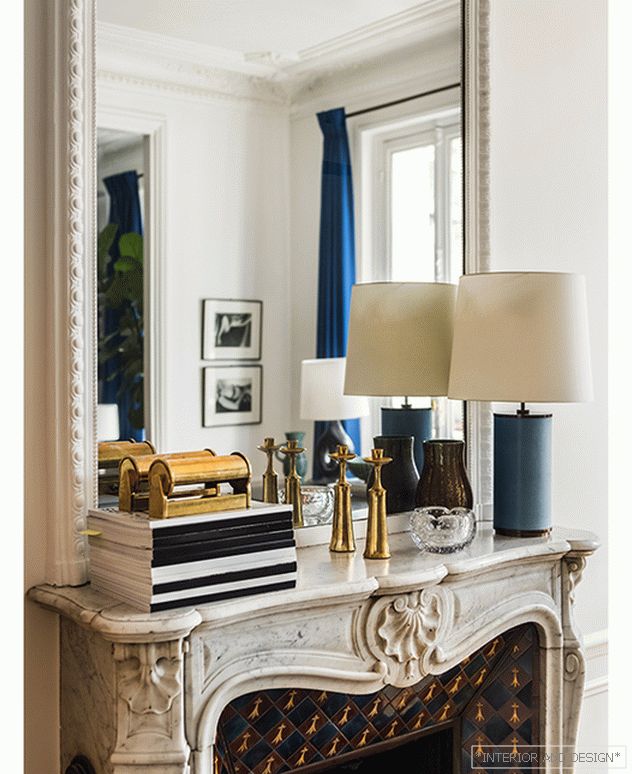
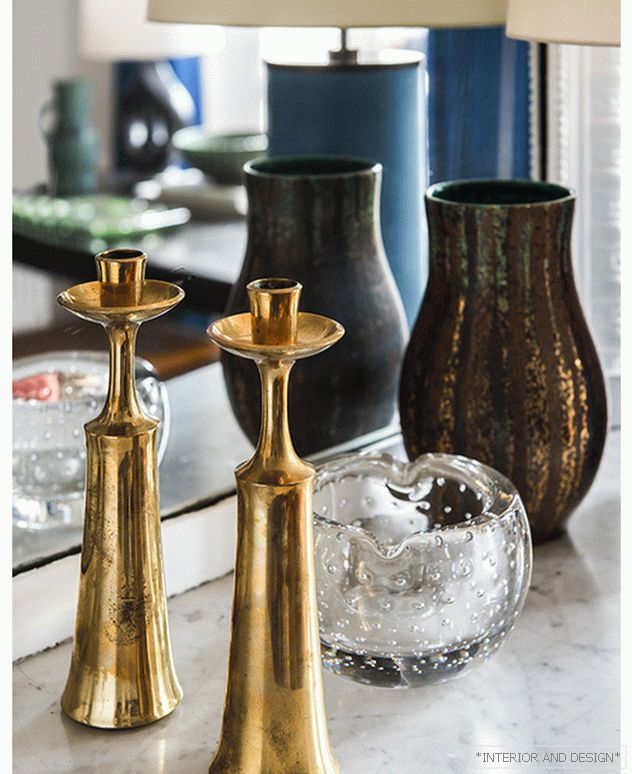
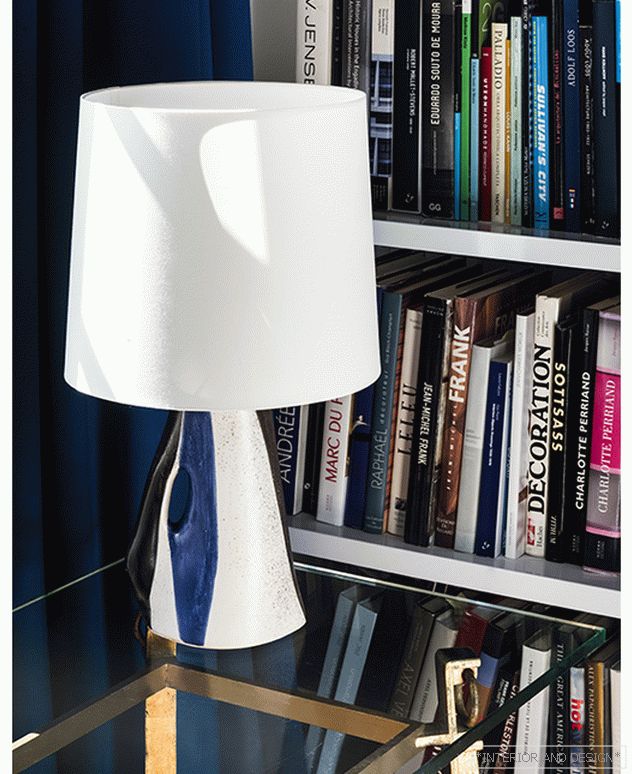
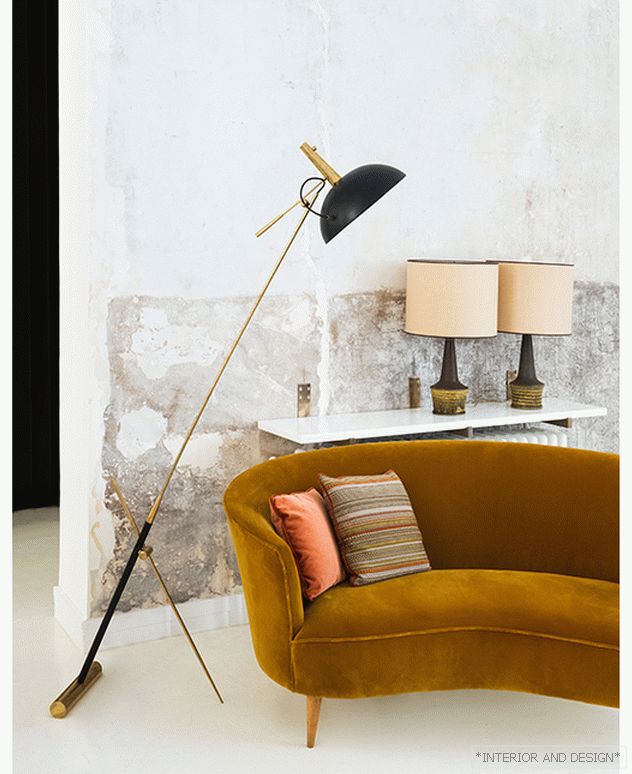
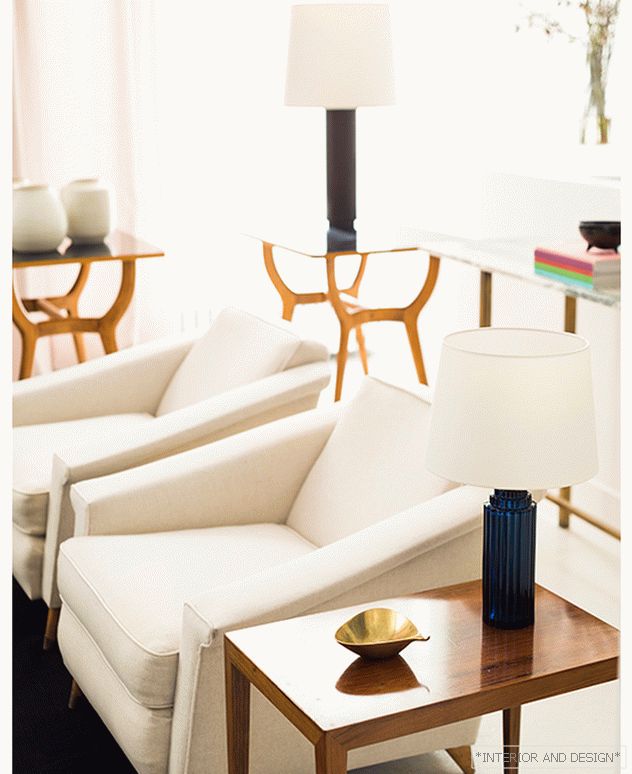
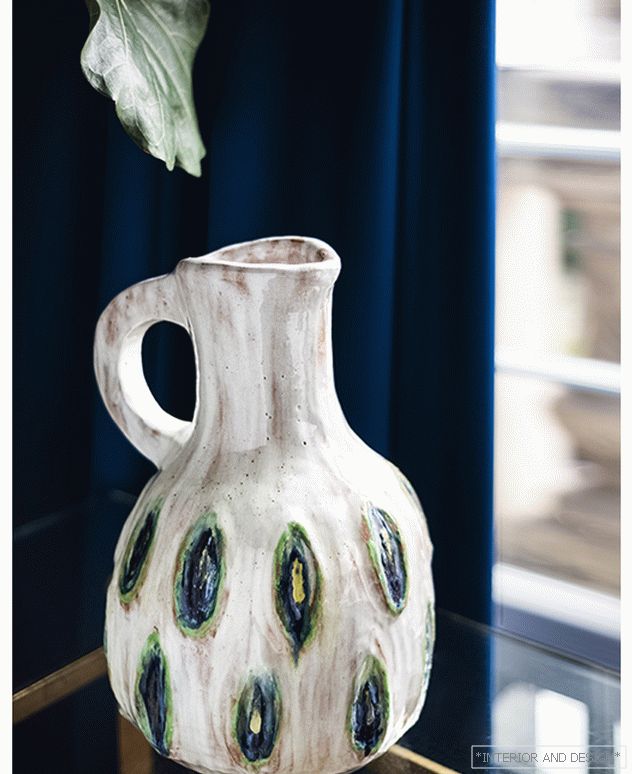
The architect says that he could do it with equal success in London and in New York. He does not feel himself a Parisian, but admires French artisan culture, moreover he considers it no less than the heritage of mankind. In his projects, he often uses bespoke objects created in small French workshops with a history of many centuries that preserve the traditions of handicrafts and craftsmanship. In Paris, Louis began to create furniture himself. Now his collection of interior items can always be found in his studio and showroom in the 9th arrondissement of Paris, agreeing on a visit in advance. Louis proposes to mix modern, elegant things of his own design with antiques, he finds a lot of interesting things in Paris flea markets and delivers to customers.
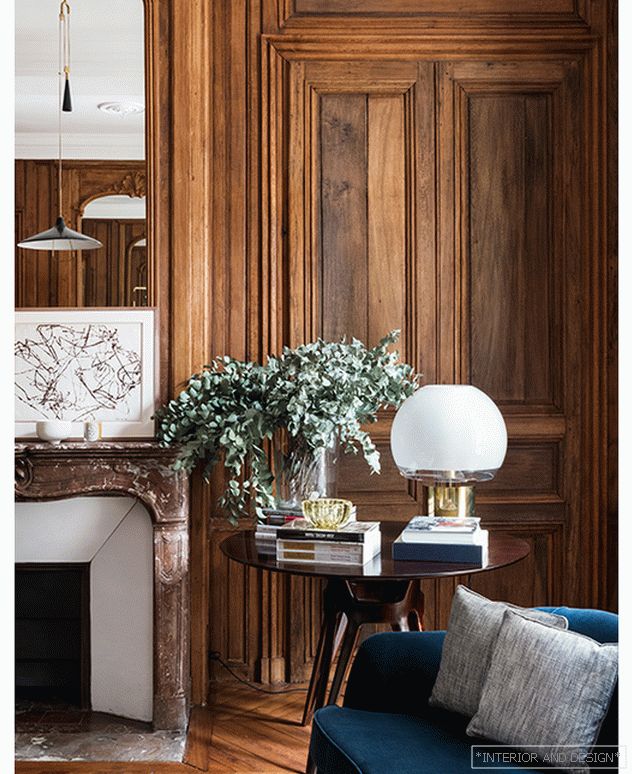 Paris project 2017. Ceiling lamp Arredoluce, 1950s. Table lamp - Porcino, diz. Luigi Caccia Domionii. 1960s.
Paris project 2017. Ceiling lamp Arredoluce, 1950s. Table lamp - Porcino, diz. Luigi Caccia Domionii. 1960s. С миром искусства Лапаса связывают выставочные проекты, например, стенды художественной галереи Hauser&Wirth на Frieze Masters и интерьеры художественных галерей за его авторством. В их числе прежде всего Dansk Møbelkunst в Цюрихе, парижский аукционный дом Piasa Auction House и мультикультурное пространство Hauser&Wirth в графстве Сомерсет, переделанное из бывшей фермы. Архитектор мастерски высвобождает пространство, понимая, что для развернутой экспозиции произведений искусства нужны главным образом место и свет. Если потребуется, он готов поступиться историческим наследием. В конце концов, ведь искусство требует жертв!


